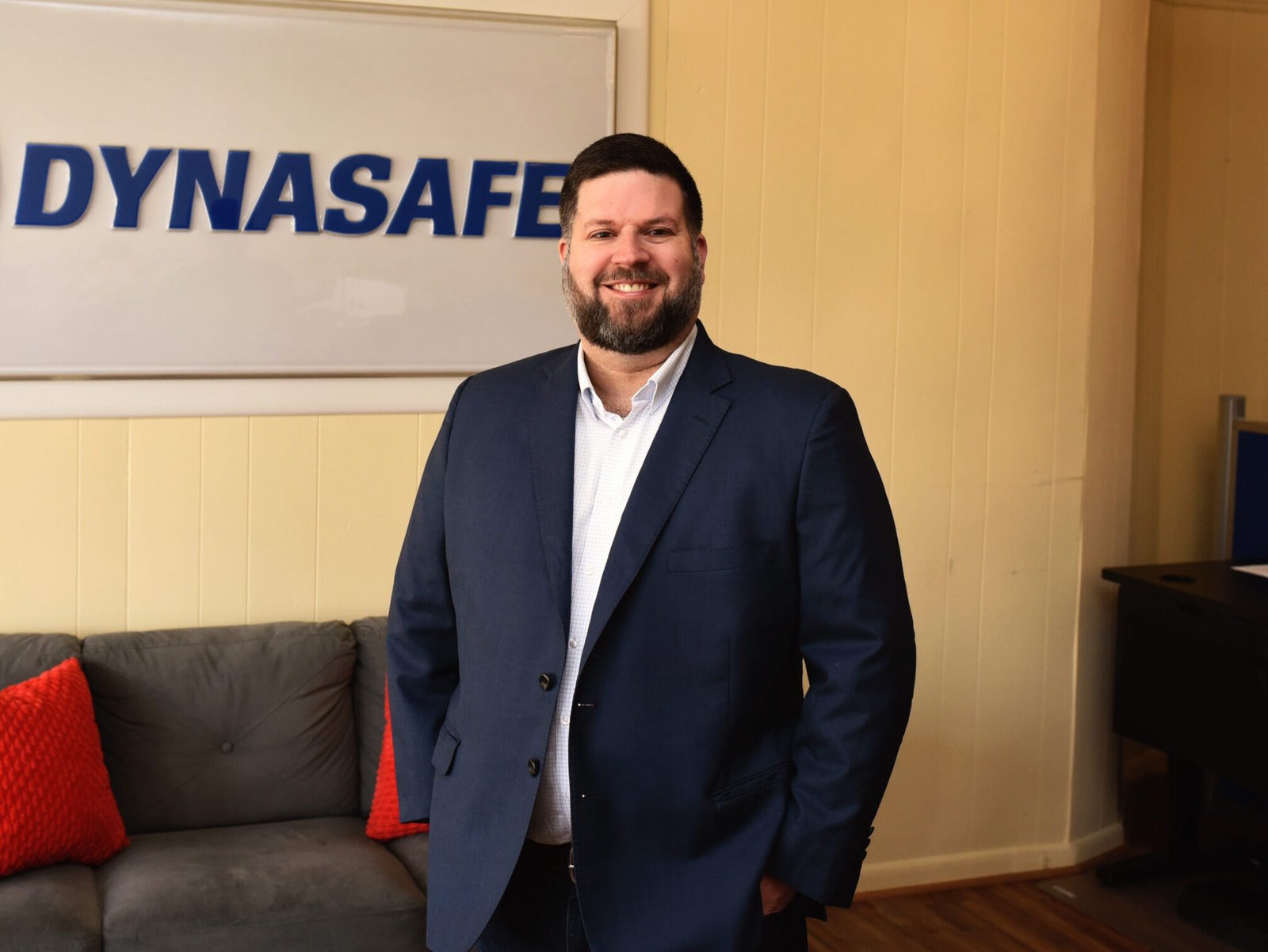I recently went one on one with Fab Giovanetti. Fab is the founder of Creative Impact, a collective of hundreds of creatives working toward making a positive impact on others and the planet, and the author of Reclaim Your Time Off.
Adam: What experiences, failures, setbacks or challenges have been most instrumental to your growth?
Fab: Having been eight years in business, I experienced loads of challenging lessons and celebrations. It has been a great reminder of the journey of running your own business and living a life that is rooted in purpose. Since I was a child, I always wanted to learn and teach people what I learned and share my knowledge. And I always wanted to bring people together. That’s how I got where I got today. I took these skills in the scales and applied them to what I do right now and how I support people with that amount of passion, stubbornness, and resilience.
As I grew older, I realized I would often bite off more than I can chew. The experience of working too much and setting very high expectations on myself led me to write Reclaim your Time Off because I needed to learn that lesson for myself. And by doing that, I was then able to do less and better and re-evaluate what success in business and life means.
Do you ever feel accomplished at the end of one given day? How do you feel when you know that your day has been successful? For so many people, it is hard these days to fully quantify what a successful day means. My question to you is, who is defining success for you? Is it yourself? Is it your clients, your boss? How can you reclaim that definition for yourself? Understand what success means to you and how you can shape it in the best way possible.
Adam: How did you come up with your business idea? What advice do you have for others on how to come up with great ideas?
Fab: Everybody can come up with a great idea, and I believe that ideas are great, but without sleek execution. They’re nothing. I have loads of great ideas, and I don’t pursue them all because I need to make sure that I align those ideas with values, be clear on how they can become a profitable business, and have a warm market. And this is how I choose which ideas to pursue these days. I have a new genius business idea every other month. It’s whether I decide to execute them that matters. How I choose which ones to focus on is the critical lesson here.
Make sure that you understand how to validate your idea. That won’t be my advice, Because if you know how to validate your idea, how to discern whether it’s profitable, whether the market is ready, whether it aligns with your values. We’ll make sure that that idea will bring to successful execution.
Adam: How did you know your business idea was worth pursuing? What advice do you have on how to best test a business idea?
Fab: I covered that in the previous question, but I would also say, one of the best things that you can do to test your ideas is to ask your audience, always find the best way for yourself to ask your audience, and find a way that is easy for them to give you the answers that you’re looking for. That way, you can test your idea.
Asking the right questions (to yourself) and your customers is a game-changer. The truth is, not all questions were created equal. Hopefully, by implementing these questions, you can become a better listener for the people you are trying to serve.
My favorite ways to validate an idea include:
– Ask questions to your audience
– Create polls on social media
– Create a questionnaire
– Send an email to your database
You can also understand the “lingo” of your audience. When you identify how they speak and what they’re looking for, you create better marketing and stories.
Adam: What are the key steps you have taken to grow your business? What advice do you have for others on how to take their businesses to the next level?
Fab: I think the most crucial step that I took was to be able to adapt and pivot. And that has happened due to a pandemic going on over the past year. And after growing a bit complacent about the audience that we had and the reputation that we’ve had, especially with my first business, I was forced to change and adapt. I let go of some significant streams in my business was helped us grow and remove the ego from the picture. When you’re looking to take your business to the next level, one big piece of advice I have is to let go of the “how” and focus on the “why”. Be open to change, to adapt to keep your business alive. And I’ve learned that this year more than anything else.
Adam: What are your best marketing tips?
Fab: When it comes to marketing tips, there are quite a few things you can do. I am a marketing consultant. So for me, there is an essential caveat to this question: each business is different, and each individual is different. So, the practical tips will be relevant to the various clients I work with or the people I help in my business.
From my more generic standpoint, my top three marketing tips would be to be consistent and show up frequently because consistency allows you to be on top of your customers’ minds. Even better, consistency over frequency. If you show up consistently twice a week, it’s better than being flaky with your audience.
Lead with a story is my second trip, and I create my content for stories. And thirdly, treat your audience like humans. I’ve been in marketing for ten years, and this is something that a lot of marketers have forgotten.
Adam: In your experience, what are the defining qualities of an effective leader? How can leaders and aspiring leaders take their leadership skills to the next level?
Fab: There are so many qualities and skills. However, to me, emotional intelligence is a skill in itself that encapsulates different areas and abilities, and it’s so important. One of the skills of emotional intelligence, for example, is empathy. Becoming better listeners.
It includes a high level of self-awareness, directly correlated to confidence. Essential is the element of self-regulation: be clear and intuitive as a leader, both in our decision-making and for the interest of our team. As an example, good communicators and who can listen to others also show great emotional intelligence.
Last but not least, empathy is a crucial element of emotional intelligence, as it allows leaders to be more influential and develop better social awareness skills, and tap into the needs of their team without having to ask.
Great leaders are the ones that make time to be better humans, so emotional intelligence helps you better communicate with your audience but also with your team and the people around you, and that is so important when it comes to effective leadership.
Adam: What are your three best tips applicable to entrepreneurs, executives and civic leaders?
Fab: Check-in with your values often, and adapt to what you get out of this experience. If you are struggling to identify values, look at them as feelings or priorities in your life. Examples of professional values could be abundance, freedom, clarity, and service. At the same time, personal values could be adventure, family, and friends. Now rank them in order of importance on both columns.
Value your time more because time is an essential currency, and it also allows you to take care of your health and social well-being.
Be open to being wrong. And embrace that as a lesson, and look at the outcomes and takeaways that you get when you are wrong because they can teach you so much more than the other times that you were right.
Adam: What do you hope readers take away from your new book?
Fab: Reclaim Your Time Off is a book about finding a solution to overworking. Still, it explores redefining our relationship with work from somebody who struggled with that for most of our life.
I want them to feel comfortable setting up systems for them to succeed. Boundaries are a great way to reclaim your time, and then we’ll help you with all the other habits and little hacks we talked about in this piece. Boundaries can be physical, such as creating another room to do your work or your time snacks, but they can also be mental.
I hope that the readers can learn that reclaiming time is a priority. And when you do that, you can genuinely work smarter and enjoy the benefits and the fruits of your work. Instead of constantly having a tunnel vision, it only allows you to look at what’s next and what the future holds.
Adam: What is the single best piece of advice you have ever received?
Fab: It came from a friend and a mentor. And that advice was straightforward, and it came into the form of a question: “if you had a million pounds in the bank today, would you still be doing what you’re doing right now?”. It’s a great question to go back to whether you still have that spark that keeps you going, when things get tough or if you need to change things for yourself or if you need to adapt them in any possible way.









